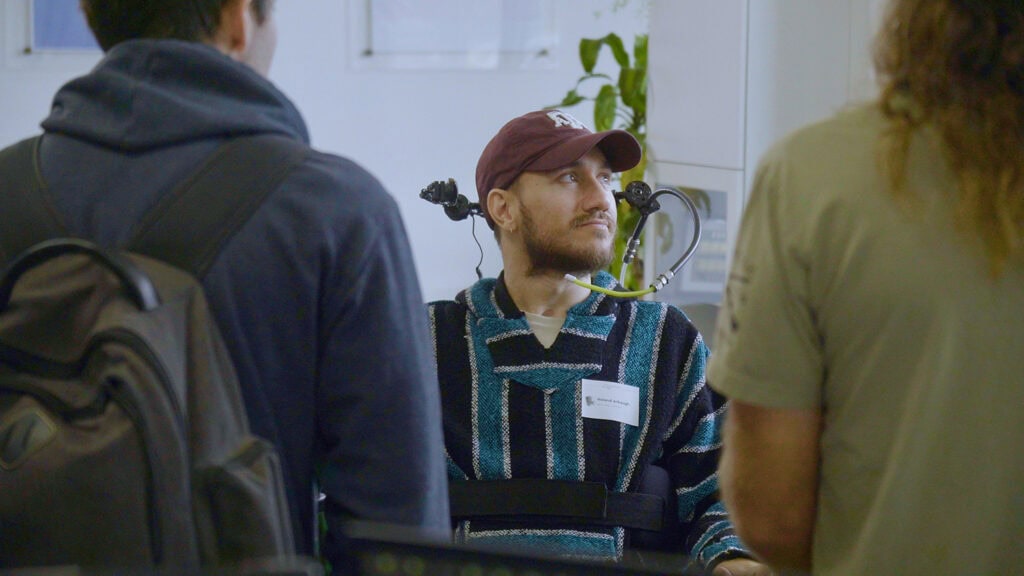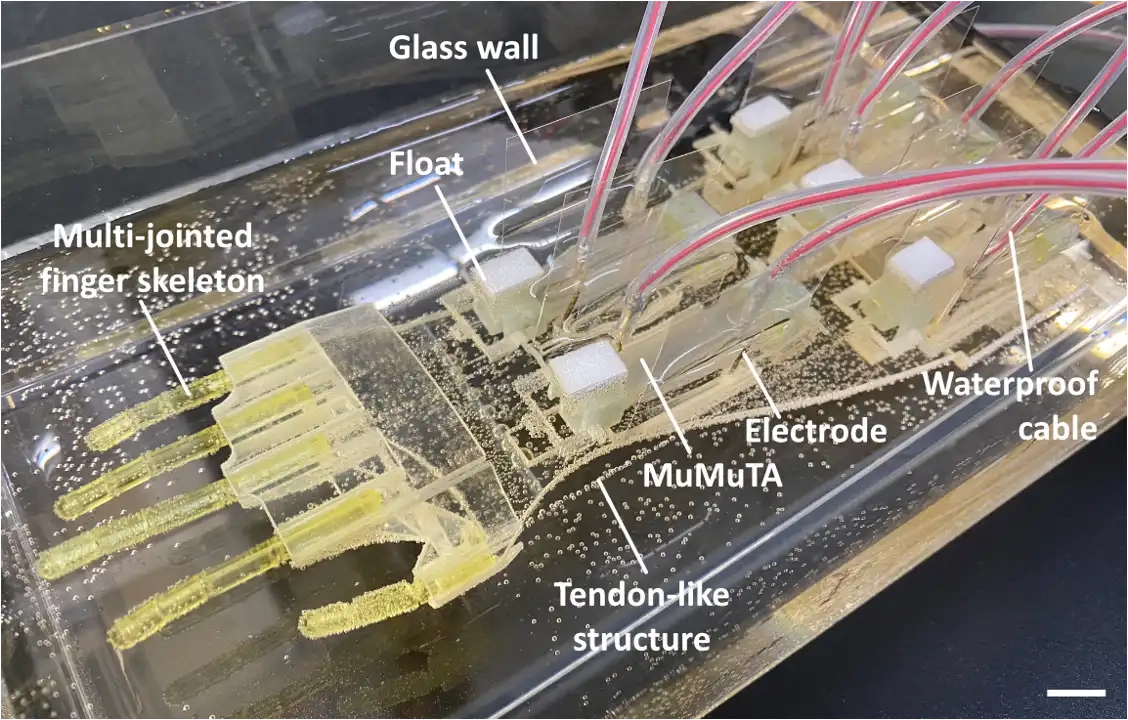Neuralink Successfully Implanted Brain Chip in Third Patient
Neuralink, the brain-machine interface company founded by Elon Musk, has successfully implanted its neural chip in a third human subject. This milestone comes as part of a broader plan to expand its clinical trials, with Musk announcing that 20-30 more patients will receive the implant this year. During an event in Las Vegas, broadcasted on his social media platform X, Musk confirmed that all three patients with Neuralink implants are doing well and that the chips are functioning properly.
Expanding Clinical Trials
Currently, Neuralink is conducting two major research programs under approval from the U.S. Food and Drug Administration (FDA). The Prime Study allows paralyzed individuals to control external devices, such as computers and smartphones, purely by thought. Another project, Convoy, is focused on enhancing control over assistive devices and smart prosthetics, including robotic arms.
The first Neuralink implantation took place in January 2024, when a patient who had been paralyzed for over eight years underwent the procedure. Following the chip’s implantation, the patient was able to control a computer, using brain activity converted into commands to interact with the device. A month and a half after the operation, the patient reported being able to play chess using only his mind.
The Challenges and Future of Neuralink
Despite the groundbreaking nature of the technology, the long-term functionality of the brain chip remains uncertain. Neuralink’s device includes a chip with hundreds of thin wires, implanted via robotic surgery. These wires are designed to detect and interpret neural activity, enabling users to control devices like computers and prosthetics.
While the technology holds great promise, it is currently restricted to clinical use. One of the major concerns is the potential for electrodes to become encapsulated by glial cells, leading to neuroinflammation. However, experts believe the chips will be capable of functioning in the human brain for at least 2-3 years.
Neuralink and other companies are conducting pilot studies with the hope of scaling the technology in the coming years. This expansion could provide paralyzed patients with life-changing assistance, and as non-invasive methods such as EEG-based headsets emerge, healthy individuals could also benefit from brain-computer interactions.
As of late 2024, Neuralink’s project is valued at approximately $5 billion, with increasing interest from investors eager to support the company’s ambitious goals. However, the company has faced criticism over the deaths of approximately 300 animals during experiments, including sheep, pigs, and monkeys. Although Neuralink denies any wrongdoing, the U.S. Department of Agriculture has begun investigating the matter.






